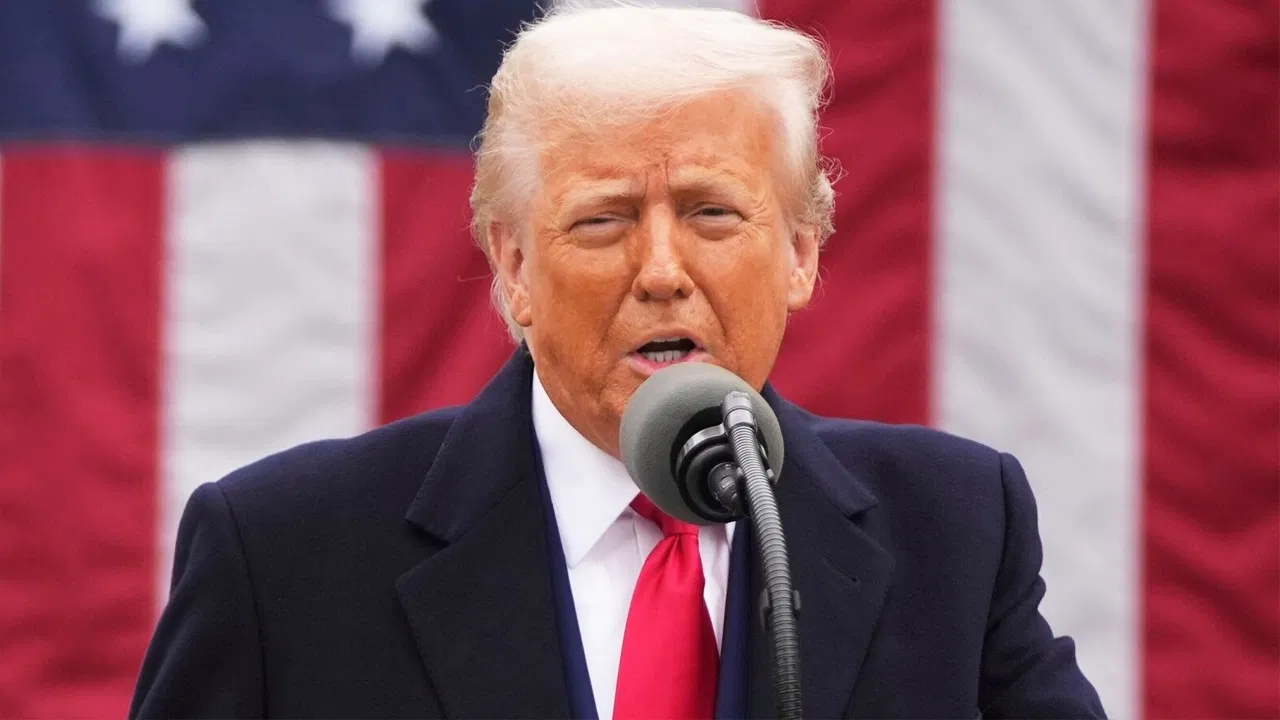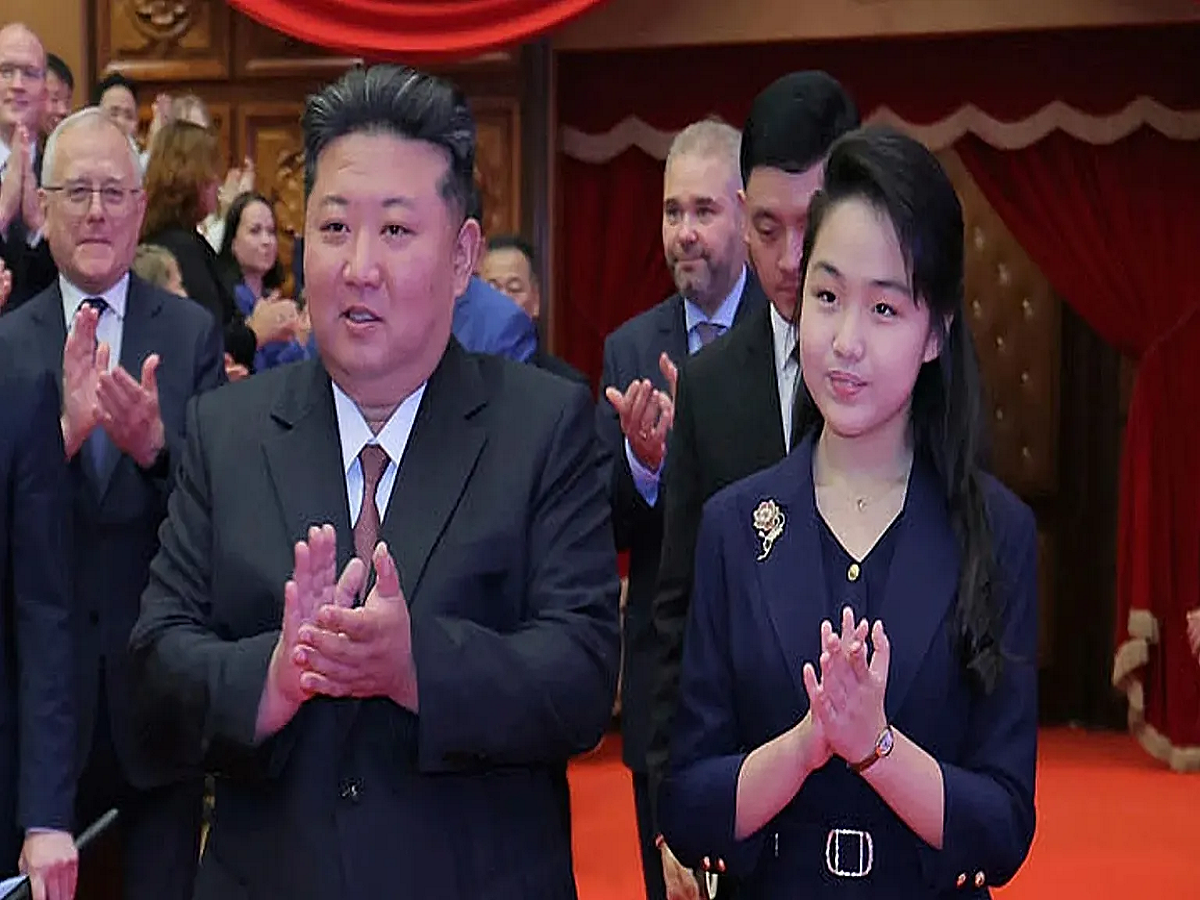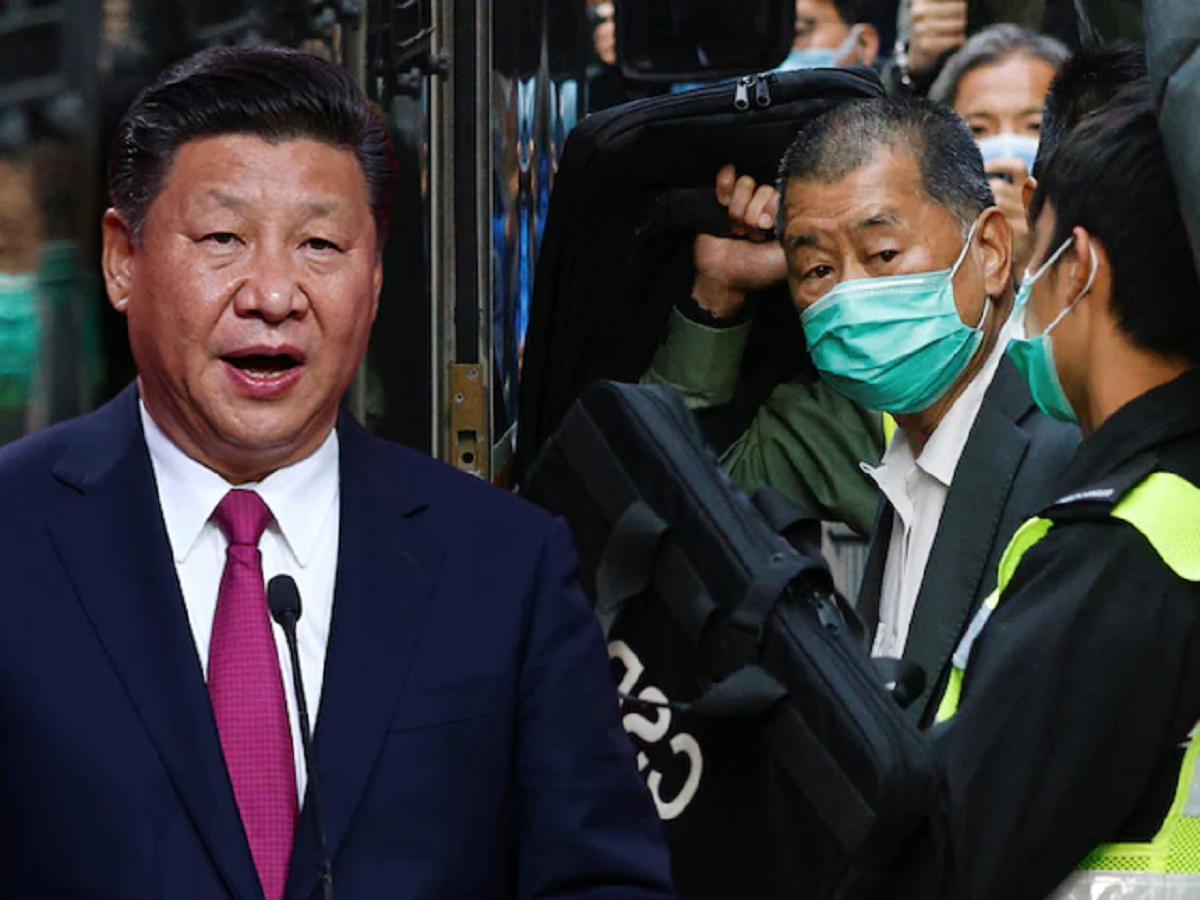Trump’s U-Turn: No Reciprocal Tariffs on Smartphones, Laptops & Chips — Big Relief for Tech Giants
- bySudha Saxena
- 12 Apr, 2025

Washington D.C.: In a significant policy reversal, U.S. President Donald Trump has announced that smartphones, laptops, semiconductors, and key electronic components will no longer face reciprocal tariffs. This move comes as a major relief for global tech companies like Apple, Samsung, Dell and chip manufacturers, who were bracing for price hikes and potential disruption.
Earlier, the Trump administration had paused tariff escalation on imports from several nations, excluding China, for 90 days. But now the administration has gone a step further by officially exempting essential electronic products from the tariff list altogether.
📉 Why This Sudden Shift?
According to a Bloomberg report, financial experts had raised serious concerns about the earlier tariff plan. Analysts warned that applying additional tariffs on electronic products would not only hike consumer prices but also hurt American tech firms that rely heavily on overseas manufacturing.
Most of Apple’s and Dell’s flagship products are manufactured in China and other Asian hubs. Imposing tariffs on these would have directly translated into higher prices for U.S. consumers.
Moreover, the semiconductor industry lobbied strongly against the move. Given the global chip shortage, new tariffs could have further strained the already delicate supply chain.
💡 Products Now Exempt from Tariffs:
The U.S. government has officially removed reciprocal tariffs from a long list of electronic products, including:
-
Automatic Data Processing Machines
-
Electronic Components for Machines
-
Smartphones (All brands)
-
Routers & Network Switches
-
NAND Flash Memory Units
-
Mounted Piezoelectric Crystals
-
Transistors
The list also includes several other tech components that are crucial for everyday electronic devices, signaling the administration’s intent to avoid a tech price spiral.
💬 Industry Reaction
Tech companies are welcoming the decision, calling it a "practical and timely" step. Analysts believe this policy reversal will help stabilize global supply chains and keep gadgets affordable for end consumers.
For now, the move appears to signal that the Trump administration is willing to prioritize economic stability over trade confrontation, especially in the tech sector.






